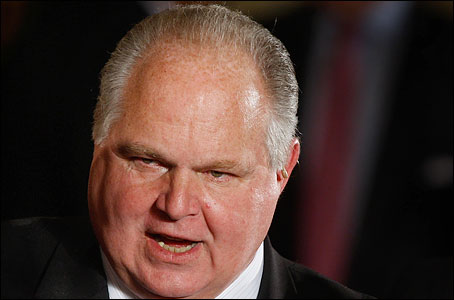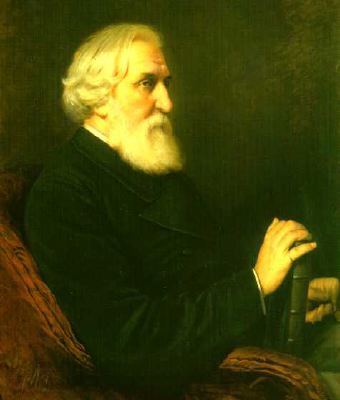httpv://www.youtube.com/watch?v=CC6whPX4s7s
Extra! Extra! Read all about it! Barack Obama’s trip to India is costing 200 million dollars a day!!
Libertarian conservative Andrew Sullivan in a post today characterizes the last two years as the “era of the Big Lie.” It’s no secret who’s to blame.
Money quote:
It seems to me that the last year or so in America’s political culture has represented the triumph of untruth. And the untruth was propagated by a deliberate, simple and systemic campaign to kill Obama’s presidency in its crib. Emergency measures in a near-unprecedented economic collapse – the bank bailout, the auto-bailout, the stimulus – were described by the right as ideological moves of choice, when they were, in fact, pragmatic moves of necessity. The increasingly effective isolation of Iran’s regime – and destruction of its legitimacy from within – was portrayed as a function of Obama’s weakness, rather than his strength. The health insurance reform – almost identical to Romney’s, to the right of the Clintons in 1993, costed to reduce the deficit, without a public option, and with millions more customers for the insurance and drug companies – was turned into a socialist government take-over.
Every one of these moves could be criticized in many ways. What cannot be done honestly, in my view, is to create a narrative from all of them to describe Obama as an anti-American hyper-leftist, spending the US into oblivion. But since this seems to be the only shred of thinking left on the right (exacerbated by the justified flight of the educated classes from a party that is now openly contemptuous of learning), it became a familiar refrain – pummeled into our heads day and night by talk radio and Fox. If you think I’m exaggerating, try the following thought experiment.
If a black Republican president had come in, helped turn around the banking and auto industries (at a small profit!), insured millions through the private sector while cutting Medicare, overseen a sharp decline in illegal immigration, ramped up the war in Afghanistan, reinstituted pay-as-you go in the Congress, set up a debt commission to offer hard choices for future debt reduction, and seen private sector job growth outstrip the public sector’s in a slow but dogged recovery, somehow I don’t think that Republican would be regarded as a socialist.
Joseph Goebbels infamously observed, “The bigger the lie, the more likely it will be believed.” The RNC/FNC conglomerate seems to be betting on that.
Frye on fascism and oligarchy:
Fascism is an oligarchic conspiracy against the open-class system, deriving its real power from the big oligarchs and its mass support from would-be oligarchs, the “independent” (i.e. unsuccessful) entrepreneurs. (CW 11, 252)
This is apparently how free people become eager accomplices in their own enslavement.
An earlier post, “Mendocracy,” here.


